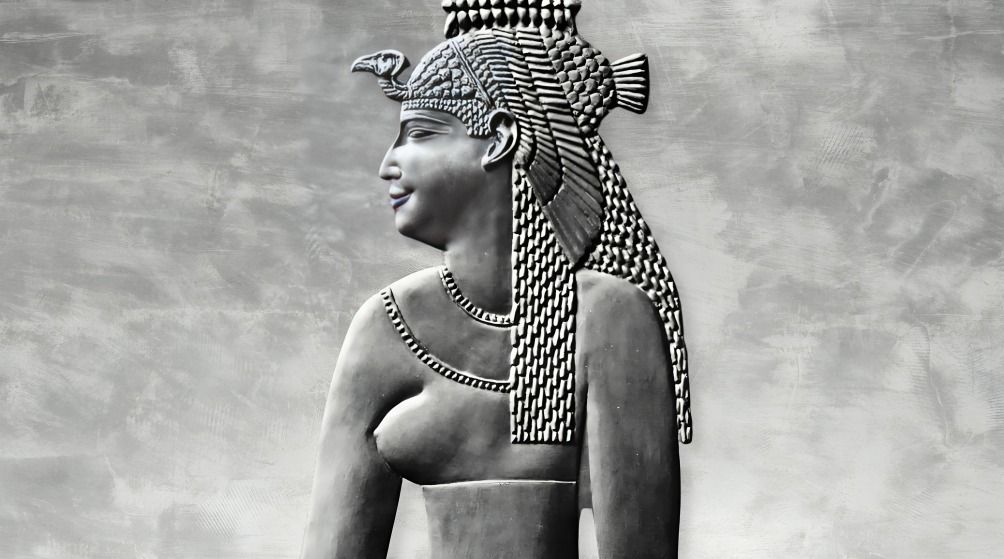
“
Cleopatra, the last active ruler of the Ptolemaic Kingdom of Egypt, is an enduring symbol of power and intrigue. Born in 69 BC, she was not only a queen but also a brilliant diplomat, strategist, and linguist. Cleopatra is often remembered for her relationships with powerful Roman leaders Julius Caesar and Mark Antony, but her intelligence and political acumen were what truly defined her reign. She worked tirelessly to protect Egypt from the encroaching power of Rome and played a crucial role in the political landscape of her time. In this blog, we will delve into 20 amazing facts about Cleopatra, showcasing her remarkable life and legacy as an inspirational woman in history. Join us in uncovering the truth behind this fascinating figure who continues to captivate our imaginations.1
”
Cleopatra VII took Egypt’s throne at age 18, instantly facing daunting political challenges. Rivalry from her siblings meant she had to employ both wit and courage to solidify her rule.1
Unlike most Ptolemaic rulers, Cleopatra learned Egyptian and embraced local culture, earning loyalty and respect from her people and strengthening her connection to Egypt.2
To secure Egypt’s stability, Cleopatra boldly met Julius Caesar, the powerful Roman general. This alliance was a critical move, symbolizing her strategic intelligence in protecting Egypt’s independence.3
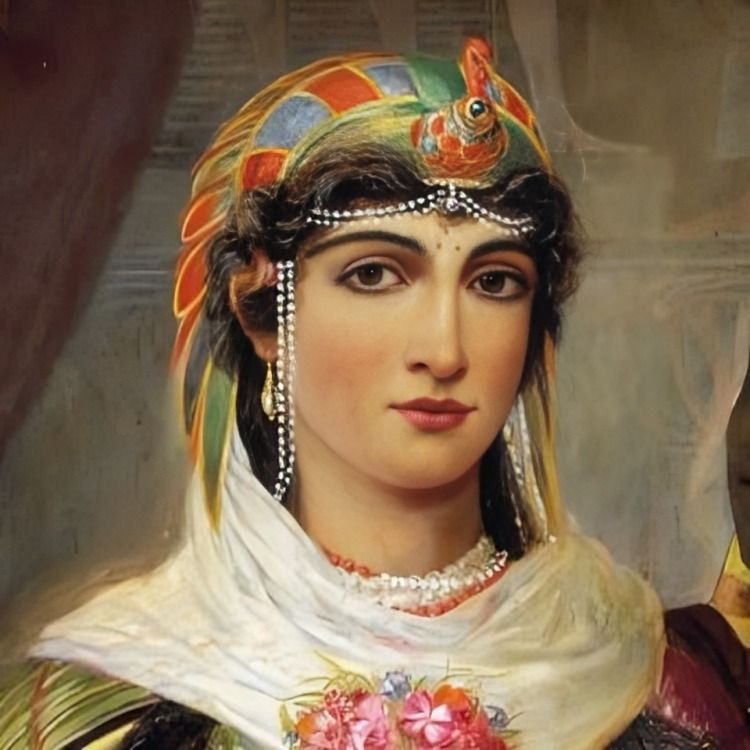
Following the deaths of her brothers, Cleopatra took sole control of Egypt, a rare accomplishment for a woman in ancient times, showcasing her remarkable strength and ambition as a ruler.
Cleopatra was exceptionally well-educated in subjects like mathematics, astronomy, and philosophy, equipping her with essential knowledge for devising strategies to ensure Egypt’s prosperity.4
Cleopatra enacted economic reforms, aiming to boost Egypt’s wealth by promoting agriculture and trade. This strategic approach helped stabilize the economy, enhancing Egypt’s wealth and ensuring its security.5
More than a skilled diplomat, Cleopatra was a capable military leader, commanding her own fleet in naval battles. This demonstrated her commitment to safeguarding Egypt’s interests and autonomy.6
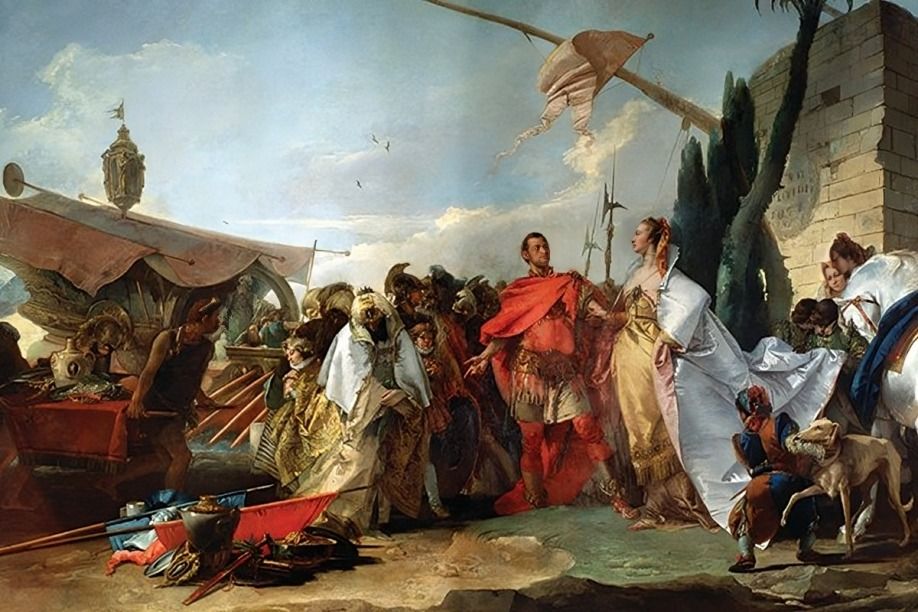
She formed a powerful alliance with Roman general Mark Antony, enhancing Egypt’s position and showcasing her skill in forging strategic partnerships with influential figures.
During the Battle of Actium, Cleopatra fought alongside Mark Antony against Octavian’s forces, showcasing her bravery and deep loyalty to Egypt, even in the face of impending defeat.7
A patron of arts and sciences, Cleopatra supported the Library of Alexandria. Her contributions helped make it a flourishing center for learning, promoting intellectual and cultural growth in Egypt.8
Cleopatra was known for her charisma, intelligence, and diplomacy, qualities she used to influence powerful figures across the ancient world, securing Egypt’s place on the global stage.9
Often portraying herself as the goddess Isis, Cleopatra strengthened her connection to the Egyptian people. This symbolic act reinforced her legitimacy, uniting Egypt under her leadership.10
During a severe famine, Cleopatra worked tirelessly to alleviate the suffering of her people by organizing grain distribution, demonstrating her compassion and responsibility toward Egypt’s welfare.11
Cleopatra was a master diplomat, forming alliances with neighboring kingdoms. These strategic connections bolstered Egypt’s security, showcasing her dedication to ensuring her country’s strength and stability.12
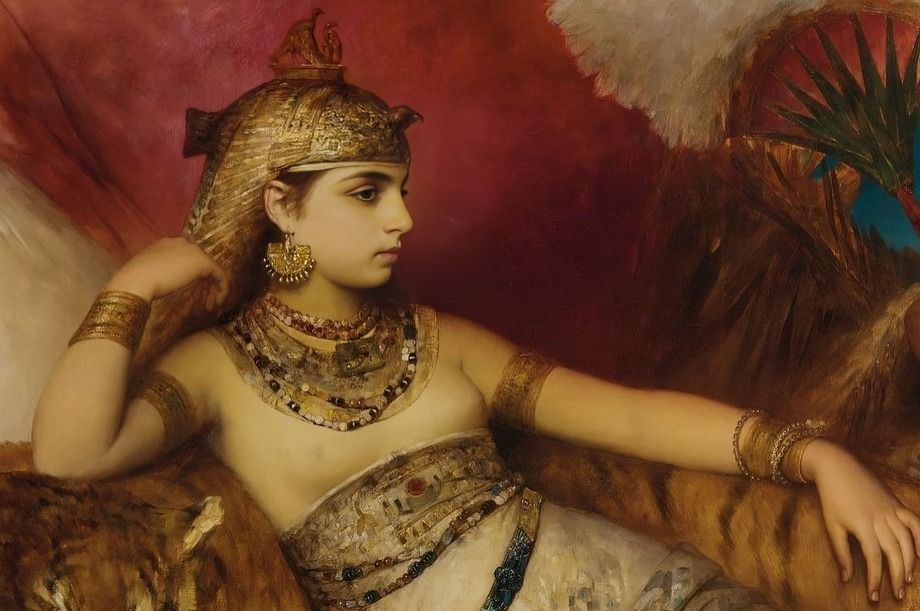
She fiercely defended Egypt from Roman domination, though her alliance with Rome brought challenges. Her determination to protect Egypt’s sovereignty highlighted her bravery in an era of male leaders.
Cleopatra defied gender expectations as one of history’s few powerful female rulers. Her unprecedented reign inspired generations, marking her as a pioneer for women in leadership roles.13
Rather than submit to Rome, Cleopatra chose to end her life, symbolizing her refusal to be conquered. Her dramatic decision represented her unwavering loyalty to Egypt’s independence.14
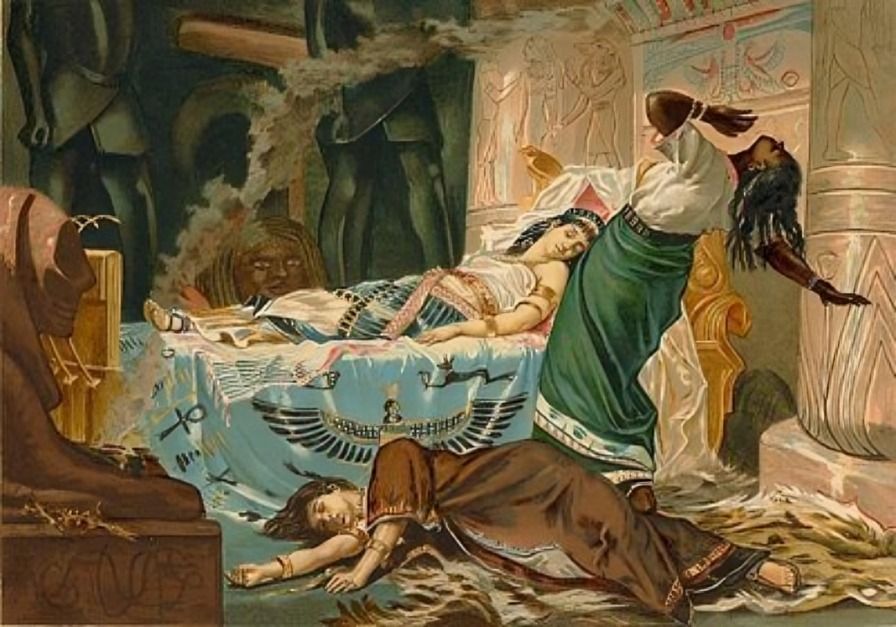
Cleopatra’s death marked the end of the Ptolemaic dynasty and the start of Roman rule. This monumental shift symbolized the end of ancient Egyptian self-rule and cultural autonomy.
Her legacy as a brilliant, complex, and influential ruler continues to captivate historians. Cleopatra’s role and achievements endure, symbolizing her exceptional impact on Egypt’s ancient history.15
Cleopatra remains an iconic symbol of power, beauty, and intelligence. Her life and achievements continue to inspire, evoking the complex allure of the ancient world’s most fascinating ruler.16


